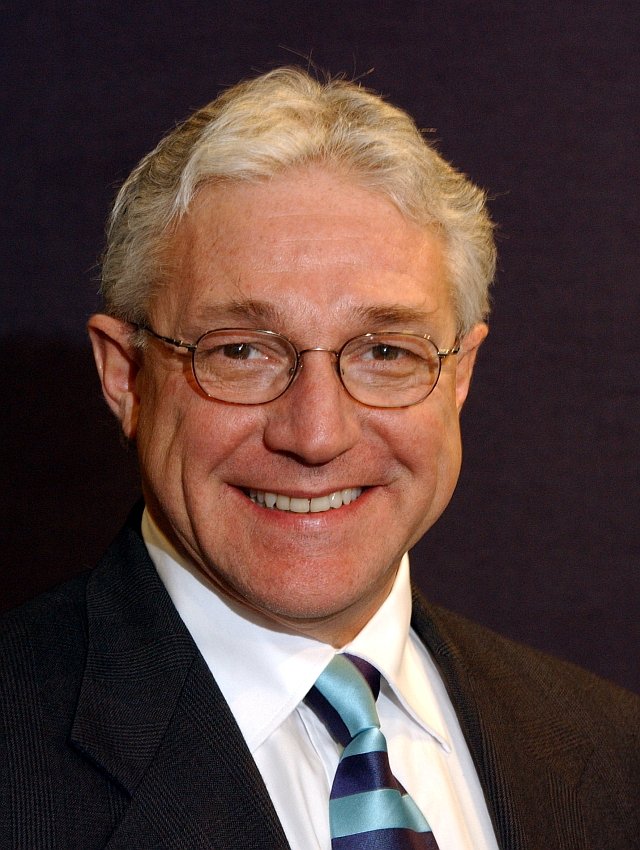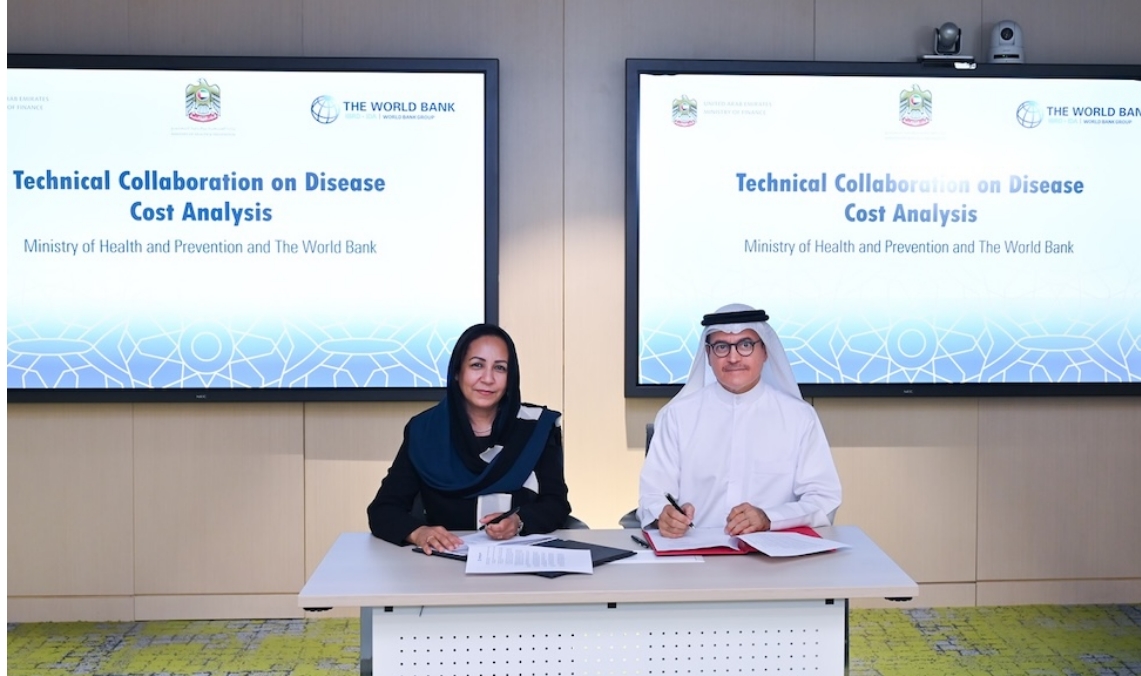BIO CEO: Compulsory licensing is unsound policy
29 August 2012 | Influencers | By BioSpectrum Bureau
BIO CEO: Compulsory licensing is unsound policy

Mr James C Greenwood, president and CEO, Biotechnology Industry Organization (BIO)
Mumbai: Mr James C Greenwood is the president and CEO, Biotechnology Industry Organization (BIO), US. BIO represents more than 1,200 biotechnology companies, academic institutions, state biotechnology centers and related organizations in more than 30 nations, and is responsible for producing the annual BIO International Convention, the world's largest gathering of the biotechnology industry.
Since his appointment in January of 2005, he is said to have enhanced the trade association's capacity, by increasing both its staff and budget by nearly 50 percent. The India chapter of the annual BIO International Convention is scheduled to be held in Mumbai from September 12-13, 2012. In an exclusive email interview with BioSpectrum, Mr Greenwood talks about what's in store for Indian companies at this year's BIO and how he views India' biotech industry.
What are the major objectives of BIO India 2012?
As a non-profit trade association that represents the biotech industry, BIO is pleased to bring the BIO International Conference back to India in an effort to further create and drive business development and collaborations between the US and Indian industry in all areas relating to biotechnology. To help facilitate this collaboration BIO looks at a variety of factors including R&D potential, protections for biotechnology innovations and regulatory mechanisms.
In terms of R&D potential, BIO along with the Association of Biotechnology Led Enterprises (ABLE), have co-hosted the BIO India International Partnering Conference. The conference, which will be held in Mumbai this year on September 12-13, brings together global business and thought leaders in the various areas of biotechnology for partnering.
A large part of the Indian biotech industry comprises of small and medium sized emerging enterprises. What can they look forward to, from an event such as BIO ?
BIO India brings together biotech and pharmaceutical leaders from the US, Europe and Asia to explore potential partnerships and collaborations with India's life science companies. Event attendees will have the opportunity to connect with potential partners of their choice, through BIO's One-on-One Partnering system. This will enable them to have 30-minute meetings in private rooms provided onsite at the conference.
BIO's industry-specific, web-based interactive software enables participants to prepare prior to the conference by using search criteria to identify potential partners, reviewing profiles of those attending companies and sending select companies personalized meeting requests. Over 1,250 of these one-on-one partnering meetings have been held in the past at BIO India. These small and medium-sized emerging companies may also opt to take center stage to present their programs and gain visibility by giving a company presentation to an audience of interested attendees.
Do you think a policy document, like the recently released Guidelines for Similar Biologics, will have a major impact on the biotech industry in India? What changes do you foresee?
BIO considers the issuance of India's Guidelines on Similar Biologics a step in the right direction. The guidelines recognize the scientific and regulatory complexities presented by the development and manufacture of biologic medicines. BIO hopes that these guidelines will be implemented in a manner that continues to protect patient safety, and that India will further include adequate protections for innovators to ensure continued R&D of new cures and treatments.
With a host of regulatory issues plaguing the Indian biotech industry, where do you think India stands as compared to other countries in terms of progress of biotechnology?
In the Scientific American Worldview report, India was among the countries recently named as likely to have the strongest gains in developing next generation life-saving products in the coming decade. Due to the colossal increase in capital, a well-educated population, India's existing biotech and pharma companies, research will move progressively towards India, especially as the demand for improved healthcare increases.
The compulsory licensing of Nexavar has been hailed as a progressive step. However, it has come under criticism from the US government. Your views on this?
BIO does not believe that the compulsory licensing of innovative products or technology generally is an effective means of promoting access or affordability of healthcare. Moreover, it undermines incentives for companies and individuals to innovate in India, since it creates uncertainty about receiving economic returns for their innovations. Indiscriminate use of compulsory licenses would thus jeopardize India's goal of developing a research-oriented biotechnology industry and is unsound policy.
It is also important to remember that this move does not just impact big pharma. Compulsory licenses affect the entire innovative biotechnology ecosystem jeopardizing government and private investment funding for small and medium sized biotechnology companies everywhere. Finally, the decision impacts patients around the world that need access to new treatments and cures that have yet to be developed. BIO believes there is much more than profit at stake.
What do you think differentiates BIO India from other industry events?
BIO India brings together biotechnology and pharmaceutical companies from North America, Europe and Asia to meet and explore business opportunities with India's emerging biotech sector. BIO brings to India more than ten years of experience and expertise in biotech and pharmaceutical partnering.
It is renowned for its successful partnering meetings around the globe, including the biotech world's largest partnering event, the Business Forum, at the BIO International Convention. The event offers high-level keynote speakers, educational India-focused panels, networking opportunities, company presentations, and the BIO One-on-One Partnering System .
Through this conference and ongoing advocacy efforts, BIO aims to help the industry flourish within India's borders and help patients and citizens benefit from the promise of biotech. Confirmed keynote speakers for BIO India include, Dr Sam Pitroda, advisor to the Prime Minister of India on public information infrastructure and innovations and Dr Thomas Watkins, former CEO, Human Genome Sciences, a GlaxoSmithKline company.











